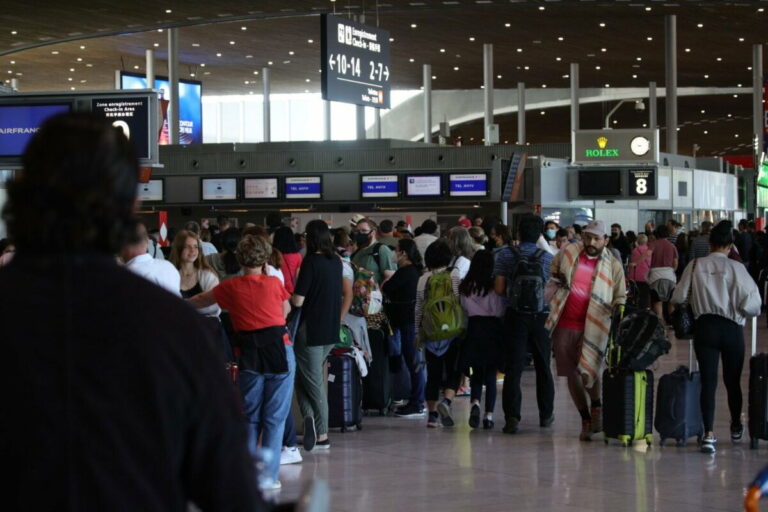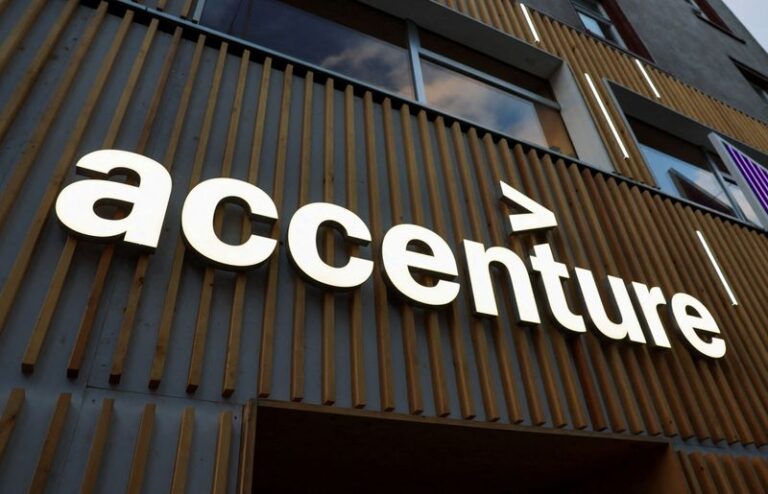
Dynamic pricing isn’t a scam in the traditional sense, but it might feel like one.Credit: Shutterstock
We all know the feeling: you finally find a hotel that looks perfect for your summer getaway, you hesitate for a day or two… And suddenly, the price jumps.
No warning, no reason. Just a few taps on your keyboard, and that dreamy escape now costs you a small fortune.
Well, according to Spain’s leading consumer protection group, OCU (Organización de Consumidores y Usuarios), that’s no coincidence. In fact, it’s part of a growing practice that could be quietly draining your wallet: dynamic pricing.
What’s the catch?
Dynamic pricing isn’t a scam in the traditional sense, but it might feel like one. It’s a pricing model driven by algorithms that adjust rates in real-time based on everything from supply and demand to your personal browsing behavior. Hard to believe, but true.
If you searched for a hotel room last night, and checked back again this morning from the same device, you might see a price hike. Why? Because that website now knows you’re interested. And it’s banking on the fact that you’re ready to book — so they jack up the price.
How AI systems are outsmarting consumers
The OCU warns that these price shifts are no longer controlled by humans, but by AI-driven systems. These systems are analyzing endless parameters: season, demand, competition, location, user history, time of day, you name it.
This means consumers face a completely opaque market, where prices aren’t just rising: they’re unpredictable, inconsistent, and at times, manipulative.
And that’s not even the worst part. Because these algorithms use your data — often without you realizing — to determine how much you personally are willing to pay. That means someone else could be seeing a cheaper price for the exact same room, at the exact same time.
The OCU demands
In this context, the OCU has issued a call for stronger consumer protection laws, demanding transparency from companies using these dynamic systems. Among their key demands:
- Clear alerts when dynamic pricing is in play.
- Respect for the original price shown during the first visit.
- Regular audits of pricing algorithms submitted to consumer authorities.
- Responsible use of personal data in pricing models.
In short, they want to level the playing field, so consumers aren’t punished just for showing interest.
Prices are already on the rise
If all that wasn’t worrying enough, the OCU also sounded the alarm over this year’s steep rise in travel prices, particularly ahead of summer. April alone saw:
- Domestic flights up by 16.5%.
- International flights up 16.4%.
- Holiday packages up by 14.9%.
And compared to last year? Even worse.
- Domestic flights are 21.3% more expensive.
- Package holidays have risen 17.2%.
What’s more, this price hike isn’t a one-off. The OCU says there’s a clear pattern tied to holiday seasons: prices soar, consumers scramble, and businesses cash in.
What can you do?
While we wait for better regulations, there are a few things you can do right now to protect your wallet:
- Use private browsing (incognito mode) when searching for travel deals.
- Clear cookies between visits to booking sites.
- Compare prices on multiple platforms (some might offer better first-time rates).
- Consider booking early or last-minute, but NEVER in between.
- Look for smaller booking agencies or book directly with the hotel to avoid algorithm spikes.
Transparency is a right, not a luxury
Dynamic pricing is the new normal in the travel industry, and it’s here to stay. But consumers shouldn’t have to play a guessing game with their vacation budget.
That’s why the OCU’s warning is clear: transparency is no longer a luxury, it’s a right.
Read here more travel news.







